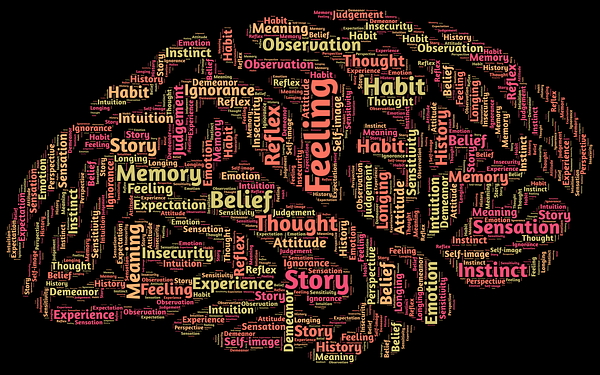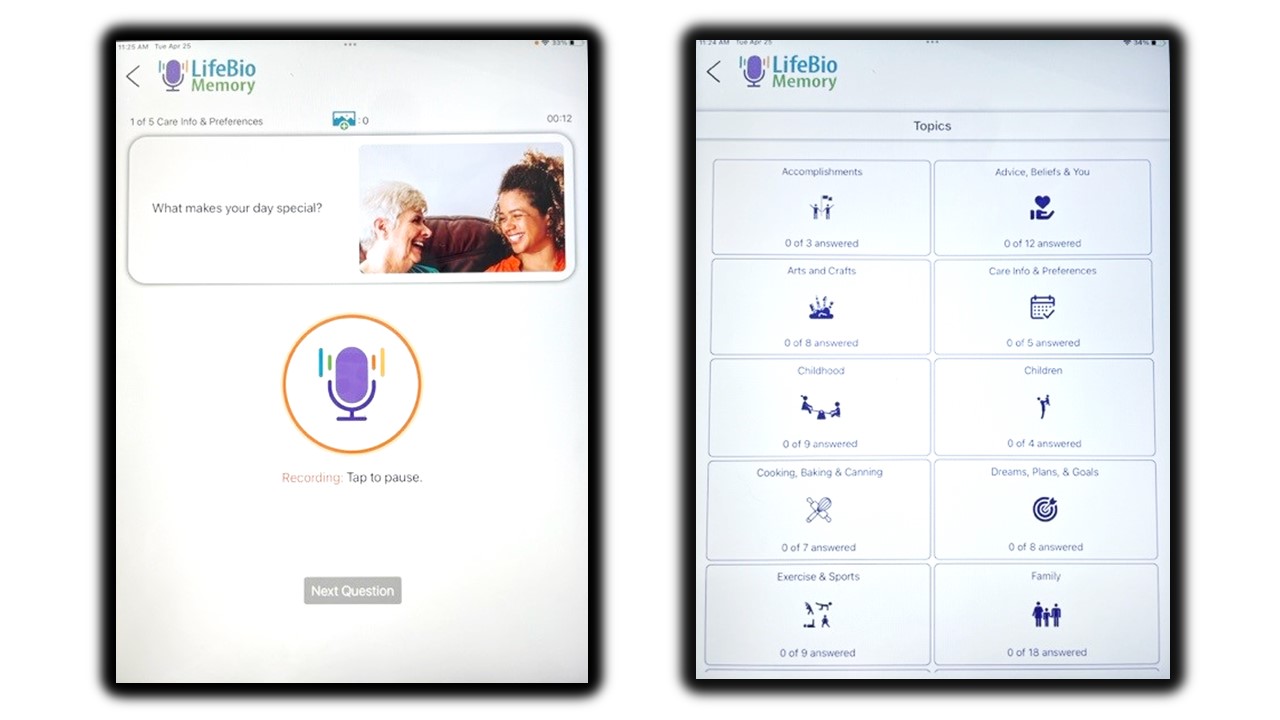Emotional Wellness- Part 1 of 2

What is Emotional Wellness?
Emotional Wellness allows people to accept how they are feeling. Based upon that awareness, they can begin to understand why they are feeling that way. Then they can determine how to act in response to their feelings. Having emotional wellness allows a person to express their feelings more freely. Acceptance of one’s emotions affects a person’s ability to effectively manage through challenges and changes in life. Emotional wellness is the foundation upon which we build a quality life.
Overall, a body’s wellness is impacted by emotional wellness. Being emotionally well inspires self-care, stress reduction, and relaxation. It encourages the development of inner strength through learning from experiences. Emotional wellness does not mean that a person is happy all the time, nor never feels negative emotions like sadness, but it implies a self-awareness that allows a person to shift towards feeling better by finding a balance between the positive and negative. Emotional wellness can encourage focusing on the good in life and looking at the glass as half-full, rather than half-empty. It leads to being more resilient, having a happier life, and the opportunity to reach one’s full potential.
Resilience is the ability for people to bounce back from difficulties faster. Many experts believe that people who are emotionally well have fewer negative emotions and can rebound more quickly to difficult situations. Frequently, emotionally-well people hold onto positive emotions for longer and have a deeper appreciation of good times. Additionally, having a sense of meaning and a purpose in life, where you focus on what is important to you, can contribute to your emotional wellness.

The Science Behind Emotional Wellness
Some researchers are working to find links between an upbeat mental state and having improved physical health. There are studies connecting positive emotional health with lower blood pressure, reduced risk for heart disease, better blood sugar levels, maintaining healthier weight, and even living longer. While some studies cannot determine whether positive emotions lead to better health or if being healthy leads to more positive emotions, they still show that the two are connected.
Dr. Richard J. Davidson, a neuroscientist, has been using brain imaging to study how emotions affect the brain. He and other scientists have discovered that positive emotions can activate “reward” pathways deep in the brain. People who savor positive emotions longer, trigger these positive brain reactions longer. The more elongated the activation, the greater a person’s feelings of well-being are. With extended activation, healthy changes in the body, such as lowering of certain stress hormones, can be seen. In contrast, negative emotions can activate the fear and anxiety part of the brain. The more the part of the brain linked to anxiety is activated, the greater risk a person has for negative health conditions and slower recovery time to health problems.

What Can We Do to Improve Our Emotional Wellness?
Much like caring for our physical health takes intention and practicing of good habits, there are things people can do to encourage emotional wellness. With practice, people can get better at being and maintaining being emotionally well.
People who exercise meditation and self-reflection can grow the skills to bring about positive, healthy changes. A study from the University of North Carolina, Chapel Hill shows that practicing compassion and kindness meditation can lead to increased positive emotions, more social connectedness, and even an improved heart rate. A study from the University of Wisconsin-Madison shows that meditation focused on compassion and kindness can increase positive social behaviors, including showing more generosity.
Self-affirmation, or thinking about what is important to you, can lead to more positive and healthy behaviors, according to a University of Pennsylvania study led by neuroscientist Dr. Emily Falk. This study showed that by opening the brain to positive change, people can better achieve their goals, whether emotional or otherwise.
Emotionally healthy people feel gratitude. They express thanks for their lives and the goodness that they have experienced. They focus more on showing appreciation for what they have, rather than complaining about what they do not have or have not experienced. For many people this relates also to spiritual aspects, not just money and material things, focusing on counting one’s blessings.
Being flexible and open to positive change plays an important role. Dr. Barbara L. Frederickson, a psychologist and emotional wellness expert, says, “Sometimes people think that emotions just happen, kind of like the weather, but research suggests that we can have some control over which emotions we experience.” Emotional wellness is choosing how you will live your life and knowing that you can still have great moments even on bad days. Having a positive mindset could aid your physical health, mental health, and overall well-being.
Emotionally stable people generally have found ways to manage their stress. This could include activities such as meditation, talk therapy, or exercise. It may mean pursing creative outlets like art, writing, and music. It could mean intentionally giving time to enjoy other hobbies, such as reading, hiking in nature, or doing carpentry. Emotionally-well people learn to maintain a balance between work and play.
Please return to our blog on Thursday, July 2nd to see Part 2 of 2 on Emotional Wellness.
Sources:
https://newsinhealth.nih.gov/2015/08/positive-emotions-your-health
https://www.psychologytoday.com/intl/blog/the-empowerment-diary/201910/what-is-emotional-wellness
https://www.nih.gov/health-information/emotional-wellness-toolkit
https://www.healthyplace.com/self-help/self-help-information/what-emotional-wellness



